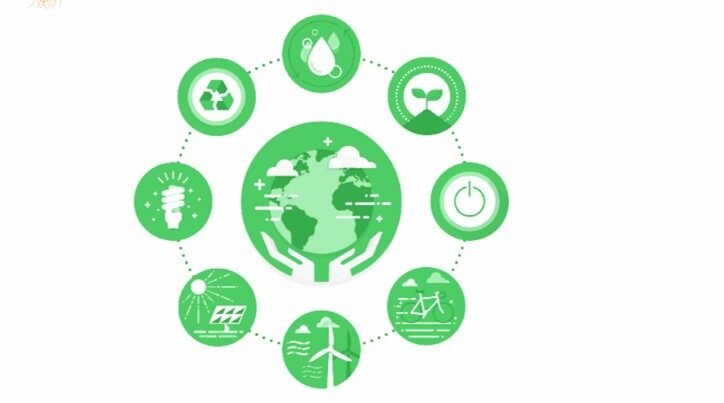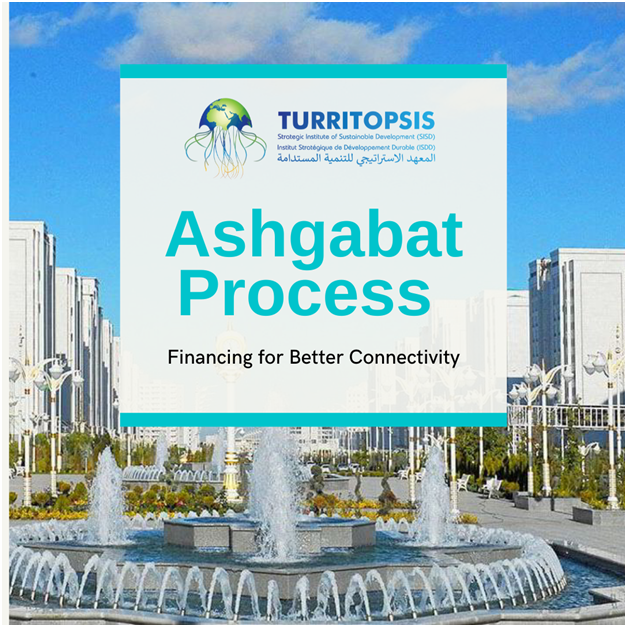Ashgabat Process: Financing for Better Connectivity
In times of ongoing turbulence, be it conflict, #economic hardship or pandemics, landlocked countries face a unique set of #challenges. Exports are falling sharply and imports are particularly prone to delays and higher costs.
These countries are also more vulnerable to the effects of #climatechange, as natural disasters have huge impacts on transport infrastructure and services.
In order to address such challenges and seek solutions through international cooperation, the Turkmen government organized a two-day conference in collaboration with the United Nations Office of the High Representative for the Least Developed Countries, landlocked developing countries and small island developing States.
Entitled “Ashgabat Process: Financing for Better Connectivity”, the conference took place on August 15-16 in Awaza, in the city of Turkmenbashi, Turkmenistan, and was part of the preparatory process for the #UnitedNations conference on Landlocked Developing Countries, to be held in #2024. High-level representatives from governments, international organizations, the private sector and other stakeholders from more than 30 countries participated, in person and virtually.
Speakers presented on a wide range of topics, from integrated multimodal transport systems to how best to deal with the effects of climate change – as well as best practices for minimizing #environmental damage. Natural disasters, rising temperatures, melting permafrost, desertification and changing rainfall patterns are all factors that have a disproportionate effect on landlocked countries.
The central objective of the conference was to strengthen international cooperation in order to create a sustainable transport framework for the pa













